
Researchers reported results of an international phase III trial showing that intermittent hormonal therapy is less effective than continuous therapy in prostate cancer with minimal disease.

Your AI-Trained Oncology Knowledge Connection!


Researchers reported results of an international phase III trial showing that intermittent hormonal therapy is less effective than continuous therapy in prostate cancer with minimal disease.
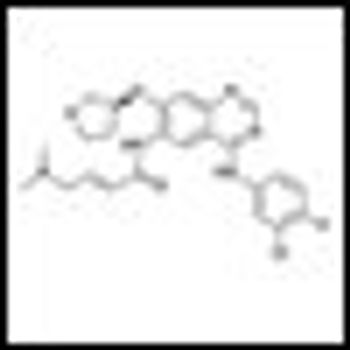
Patients with EGFR mutation-positive lung cancer had improved progression-free survival and better quality of life with new drug afatinib than with standard chemotherapy, according to results from a large phase III trial.
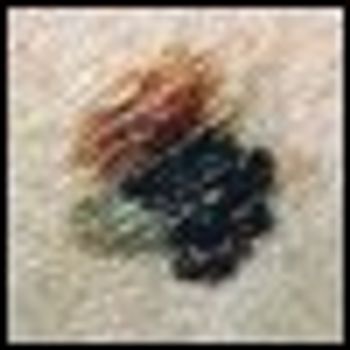
The class of agents that target the Programmed Death 1 (PD-1) pathway was described at ASCO as “likely the most exciting new agents recently developed in melanoma.”
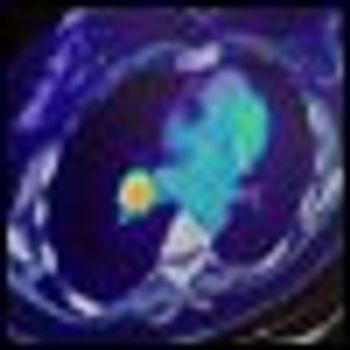
The use of fluorodeoxyglucose positron emission tomography (FDG-PET), for diagnosing lung cancer may have to be rethought. According to an analysis of data from a national prospective trial, FDG-PET has substantially lower sensitivity and specificity than in previously published studies.
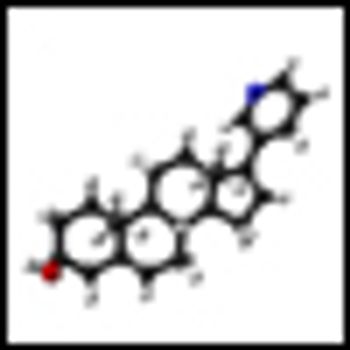
Results from a randomized phase II study show that 6 months of treatment with abiraterone (Zytiga), in addition to the hormone therapy leuprolide before prostatectomy, resulted in complete response and near-complete response in one-third of men with high-risk prostate cancer.
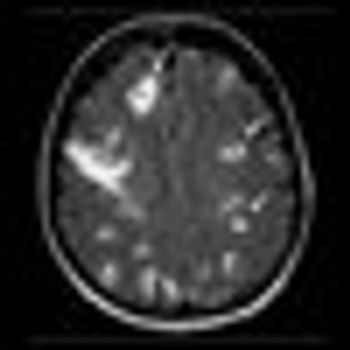
A 13-gene signature can predict the development of brain metastasis among patients with advanced HER2-positive breast cancer who have estrogen-receptor (ER)-negative tumors. The results were presented at a breast cancer session at the 2012 meeting of the American Society of Clinical Oncology.

The underlying cost debate surrounding the issue of whether or not to recommend prostate cancer screening is based on the idea that if you use healthcare resources in one area, they’re being diverted from another area by nature of their being a limited pool of funding.

The new therapies that became available for advanced melanoma over the past year-the anti-CTLA4 antibody ipilimumab (Yervoy) and the selective BRAF inhibitor vemurafenib (Zelboraf)-represent promising new options for these patients, whose prognosis was heretofore almost universally dismal. However, the advent of new treatment strategies has made treatment decisions more complex.

Results of a large phase III trial shows that a new oncology therapy, trastuzumab emtansine (T-DM1), significantly delays progression of disease in women with HER2-positive advanced breast cancer previously treated with a taxane chemotherapy and trastuzumab (Herceptin).
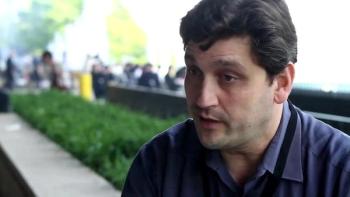
Blase Polite, MD, assistant professor of medicine at the University of Chicago and the track leader for the GI Colorectal Scientific Program Committee at ASCO, discusses the latest research in the field of colorectal cancer.
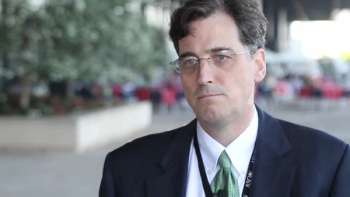
David Ryan, MD, discusses his debate with Paul H. Sugarbaker, MD, from the ASCO session “Intraperitoneal Chemotherapy and Cytoreductive Surgery in Colon Cancer” and how in his view this type of treatment, as presented to the patient, creates a certain dynamic between the surgeon and medical oncologist, one of hope vs reality.
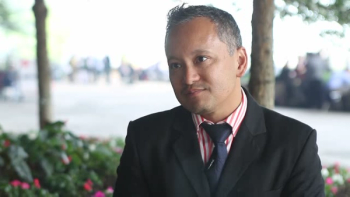
Don Dizon, MD, Brown University, discusses the paradigm shift in the treatment of endometrial cancer with the use of medical therapy, including chemotherapy with biologics, mTOR inhibitors combined with chemotherapy, and targeted therapies.
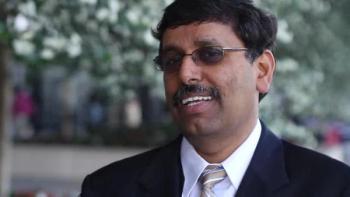
Dr. Ramaswamy Govindan, Washington U at St. Louis, discusses patient screening, new research in targeted therapies, as well as the continued role of traditional chemotherapy in lung cancer.
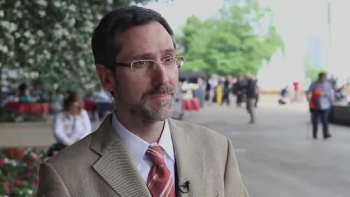
Dr. Antoni Ribas, UCLA’s Jonsson Comprehensive Cancer Center and a presenter at this year’s annual meeting of the American Society of Clinical Oncology, discusses the impact of 2 new drugs- ipilimumab (Yervoy) and vemurafenib (Zelboraf)-for the treatment of metastatic melanoma.

Steve Joffe, MD discusses the ethical challenges and controversies in phase I clinical cancer trials.
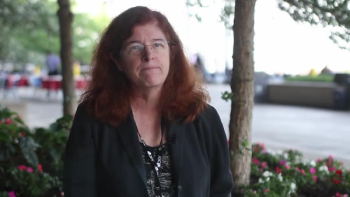
Nancy Dawson, MD, discusses PSA dynamics: the significance of PSA levels and PSA doubling time-the marker which currently provides the most information-and their usefulness in predicting metastatic disease and in counseling patients on their prognosis.
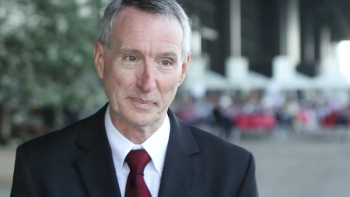
Tim Moynihan of the Mayo Clinic in Minnesota discusses topics from the session he chaired at ASCO, "Effective Time Management for the Busy Oncologist," including why EHRs may not actually save physicians time; how to manage your email load; and tips for avoiding burnout, which he cites as a danger in such a physically and emotionally taxing profession.
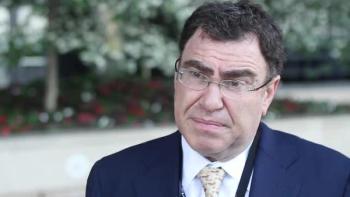
In this exclusive video, Dr. Harvey Pass discusses surgery in mesothelioma of the pleura and other areas of disagreement.
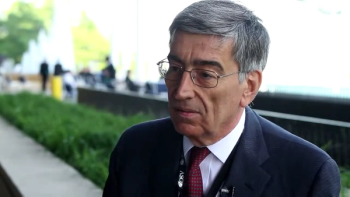
Dr. Gianni has been involved with new drug therapies in medical oncology for some time, and in this interview he discusses the changing use of breast cancer treatments, neoadjuvant regimens, and research and developments on HER2-positive breast cancer.
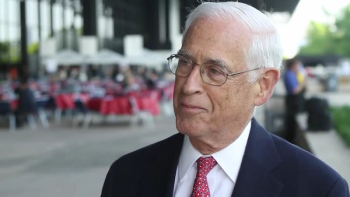
John Mendelsohn, president of the MD Anderson Cancer Center, discusses with ONCOLOGY the recent advances in using a “systems approach” in oncology and how he believes this will affect outcomes in the future.

In his plenary address as outgoing president of ASCO, Dr. George Sledge proposed that we are on the brink of a new era in cancer therapy – an era of genome-based treatment. He stressed that this new “genomic era” holds great promise for patients, citing as evidence a recent paper in JAMA that described a case in which the results of deep sequencing of a patient’s leukemic cells led to successful individualized therapy.

In this video interview, Joseph Connors gives an overview of the results presented here at ASCO of the phase II trial of brentuximab vedotin in patients with relapsed or refractory Hodgkin lymphoma, and discusses the most intriguing work currently being done with novel agents used to treat relapsed or refractory Hodgkin lymphoma.
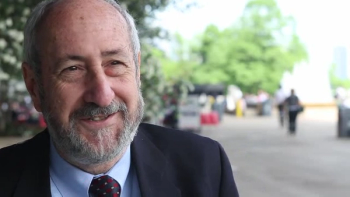
Dr. Brenner discusses the role of chemopreventives, biomarkers, and early detection for cancer prevention.
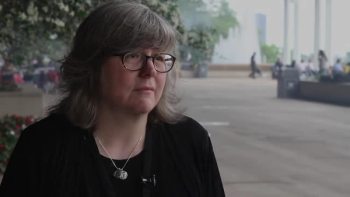
Dr. Leachman discusses the use of genetic testing for cancer patients.

Dr. Correa discusses her work on brain tumors and genetics, and their contribution to adverse side effects.
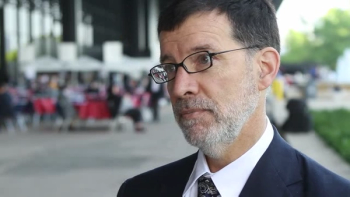
Dr. Loprinzi discusses the role of diet and exercise in cancer prevention.
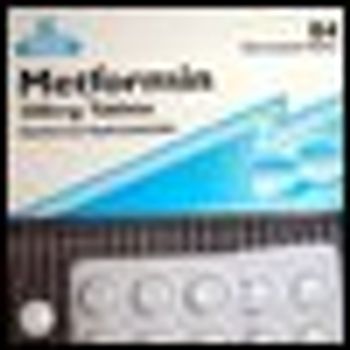
As early as 1932, physicians noticed an apparent association between type 2 diabetes and increased cancer risk. In recent years, the epidemiological evidence of such an association has mounted steadily-especially with the emergence of large databases, which have allowed us to document the link.

The picture in 2011 for the community oncologist is dire. Over the past several years many community practices have been acquired by hospitals out of duress. Drug delivery has started to change as treatments are evolving, moving away from the high-margin infusion business.

Clearly, the realities of current health care economics are bringing to the fore important questions in clinical trial design. Not only does the United States spend far more on health care than other developed countries, with significantly worse outcomes, but the costs of cancer care account for a large and steadily increasing chunk of that spending. One way in which this trend can be curbed-and the money spent on cancer be made to produce more “bang for the buck”-is through changes to our drug development processes.

Metastatic melanoma maintains a growing presence around the world, and a steady disregard for treatment efforts. But two novel drugs presented at the American Society of Clinical Oncology (ASCO) Annual Meeting in Chicago, on Sunday, suggest that medicine might finally be ready to fight back against the deadliest form of skin cancer.